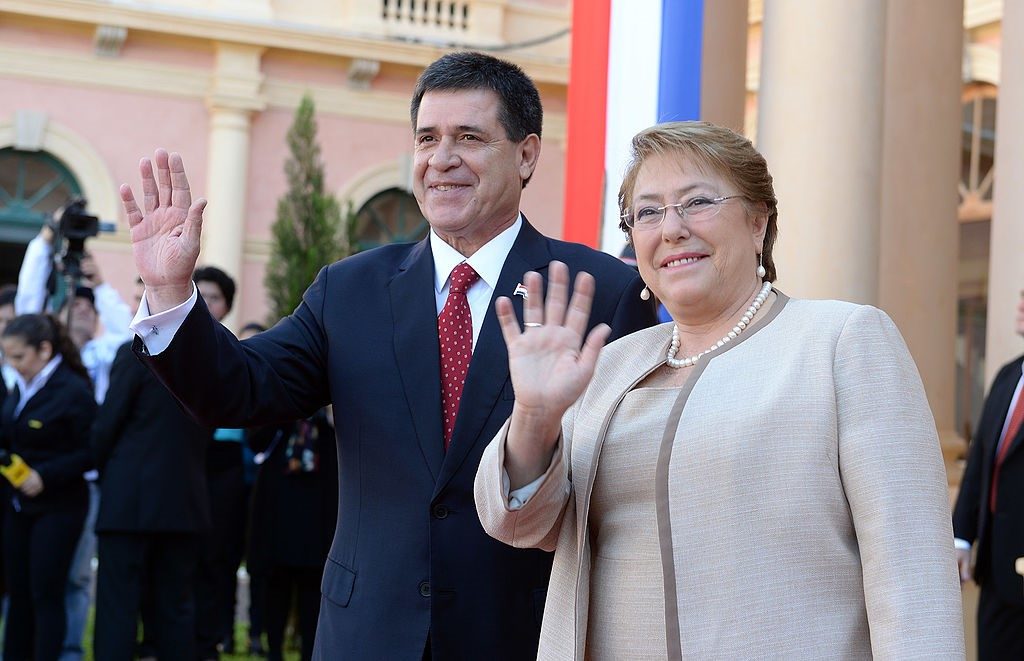
ASUNCION – Paraguay has become the sixth nation to indicate plans to move its embassy in Israel to Jerusalem. It is the fifth country to do so since U.S. President Trump publicly recognized Jerusalem as Israel’s capital in December 2017.
Paraguay’s President Horacio Cartes announced the plans to move the country’s embassy sometime before his current term expires in August 2018.
Once the United States reported that it would move the U.S. to Jerusalem in May in celebration of the nation of Israel’s 70th Anniversary, other nations have made similar decisions, including Honduras, Guatemala, Romania, and the Czech Republic.
The new U.S. Embassy is set to open on May 14th, followed by the Guatemalan embassy two days later on May 16th. Guatemala’s President plans to attend the opening of his country’s embassy. A large entourage from the U.S. will be on hand for the opening of the U.S. location. President Trump has indicated that he may attend as well.
The Honduran Parliament passed a non-binding resolution in April approving the move of their embassy.
The Czech Republic plans to appoint an honorary consul to Jerusalem which would be the first step in a three-step process to complete the move.
The Prime Minister and the Romanian cabinet have approved and announced the move but, by law, the President of Romania has the final authority to move or relocate an embassy.
Israel has been working for several years with the Paraguayan government to stave off the growth of Hezbollah in South and Central America, particularly the Tri-Border area where Paraguay is juxtaposed to Columbia and Brazil.
Zeev Harel, the Israeli Ambassador to Paraguay recognized “Paraguay (as) a friend and brother…(Our) bilateral cooperation has grown in the fields of agriculture, in the subject of water, the exchange of technology, development of education innovation.”
Sources:
- Telesur, Paraguay Announces Plans to Move Tel-Aviv Embassy to Jerusalem
- Jewish Press, Trending: Paraguay to Move Embassy to Jerusalem
- The Jerusalem Post, Israel Acknowledges Helping Paraguay In Fight Against Hezbollah
- Jewish Telegraphic Agency, Paraguay’s outgoing president says will move embassy to Jerusalem
Image Source:
- By Gobierno de Chile [CC BY 2.0], via Wikimedia Commons





One comment